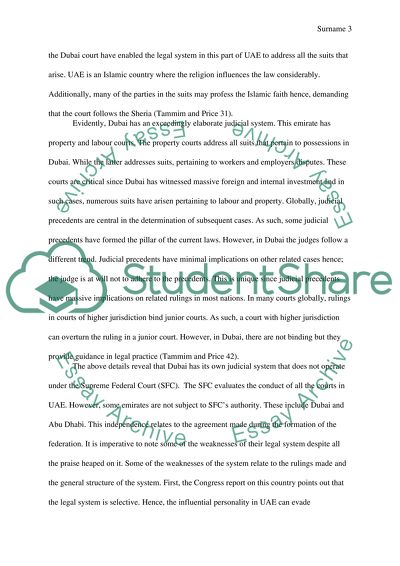Cite this document
(“The Police in the United Arab Emirates and the Justice System Essay”, n.d.)
Retrieved from https://studentshare.org/law/1446626-the-police-in-the-united-arab-emirates-and-the
Retrieved from https://studentshare.org/law/1446626-the-police-in-the-united-arab-emirates-and-the
(The Police in the United Arab Emirates and the Justice System Essay)
https://studentshare.org/law/1446626-the-police-in-the-united-arab-emirates-and-the.
https://studentshare.org/law/1446626-the-police-in-the-united-arab-emirates-and-the.
“The Police in the United Arab Emirates and the Justice System Essay”, n.d. https://studentshare.org/law/1446626-the-police-in-the-united-arab-emirates-and-the.


